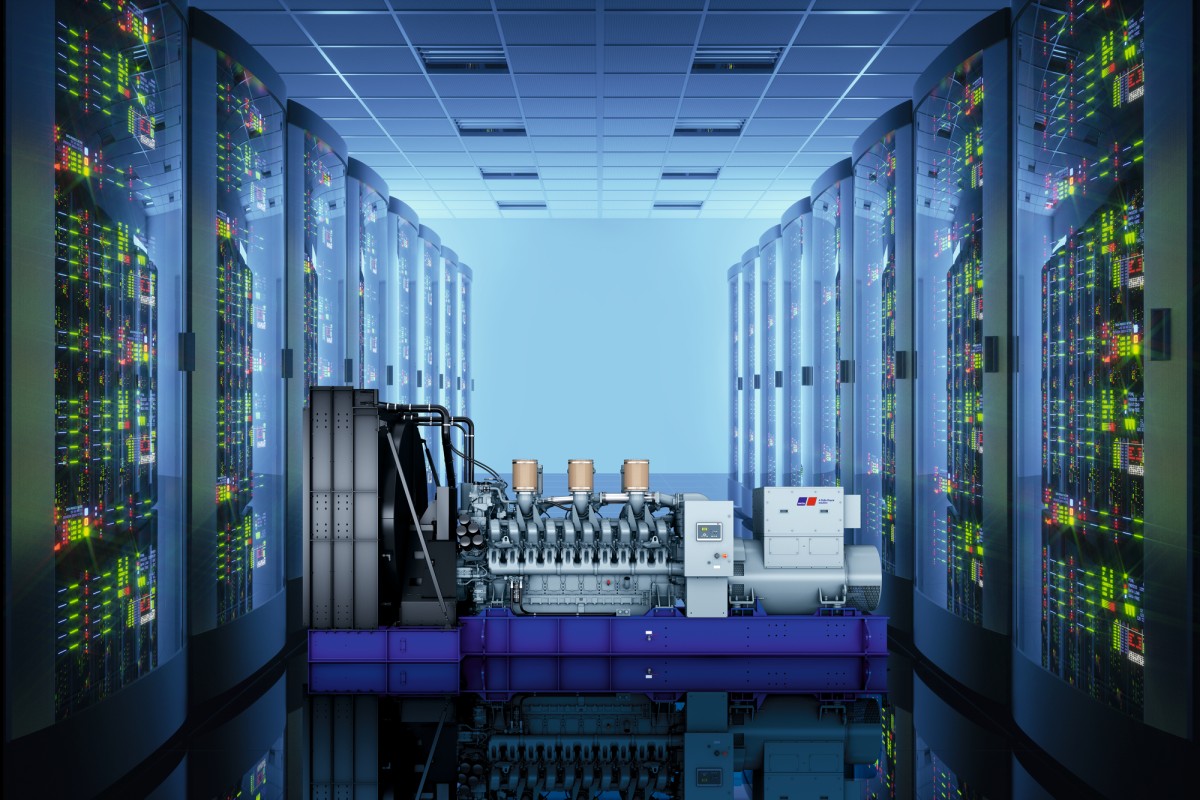Rolls-Royce's Power Systems division, in collaboration with Microsoft, has unveiled a position paper that advocates for Hydrotreated Vegetable Oil (HVO) as a sustainable transitional fuel for backup power in data centres within Singapore. The document presents significant opportunities and necessary regulatory frameworks to establish HVO and similar low-carbon alternatives to traditional fossil diesel in key digital infrastructures.
HVO is derived from waste and residual fats and oils, offering up to a 90% reduction in lifecycle CO₂ emissions compared with fossil diesel. Crucially, it can be used with existing diesel generator systems without the need for modifications, providing they are approved for HVO use. This offers data centres a practical and immediate pathway to reduce carbon emissions in their backup power systems. Furthermore, the transition aligns with Singapore's Green Data Centre Roadmap and its ambitious 2050 net-zero objectives.
The position paper highlights several priorities essential for comprehensive HVO integration. These include standard harmonisation, ensuring competitive costs, expediting regulatory approvals, fostering market development and partnerships across supply chains, and promoting further research and innovation.
Tobias Ostermaier, President of Stationary Power Solutions at Rolls-Royce Power Systems, highlighted Singapore's favourable position to lead in HVO adoption, pending a robust policy framework and adequate infrastructure support. He noted, “HVO is a practical step to decarbonise critical infrastructure and provides a immediately deployable lever to reduce emissions.”
Giovanni Spadaro, President of Global Markets at Rolls-Royce Power Systems, echoed this sentiment, recognising data centres as regional digital economy drivers. He stressed the importance of concerted efforts, notably with partners like Microsoft, to realise the full potential of carbon-efficient fuel solutions that align with Singapore's national objectives.
Meanwhile, Kavickumar Muruganathan from Microsoft APAC emphasised, “This paper underscores our commitment to fostering innovation in low-carbon energy sources. By aligning with Microsoft's global 2030 sustainability ambitions, we are dedicated to driving solutions that not only meet our current energy needs but also pave the way for a carbon-negative future.” The collaboration demonstrates a collective resolve to lead in regional decarbonisation using innovative fuel alternatives.




